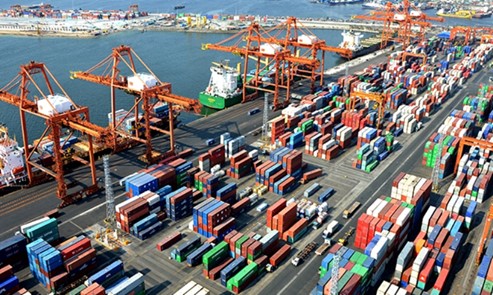
The Global Trade Research Initiative (GTRI) said
companies relying on just-in-time manufacturing processes can be particularly
vulnerable as they maintain low inventory levels and depend on the timely
arrival of components and finished products.
Few industries
where production will be impacted due to disruptions in global value chains
include electronics, automotive, machinery, chemicals, pharmaceuticals,
plastics, textiles, and consumer goods, it added.
“The adverse impact will multiply if the disruption
continues beyond a few more weeks as it
will impact not only trade but local productions of many industries, which
rely on just-in-time procurement/import of inputs through the global value
chains spanning both Europe and Asia,” GTRI co-founder Ajay Srivastava said.
Mumbai-based exporter SK Saraf said the time is right
for India to consider building a big domestic shipping company, as, at present,
“we are completely dependent on foreign shippers”.
The two main shipping routes from India to Europe are
via Bab-el-Mandeb Strait, Suez Canal and Red Sea; and II-Via Cape of Good Hope,
encircling Africa.The Red Sea route is
shorter and faster, making it the preferred option for most shipping companies.
It starts from major Indian ports like Mumbai, JNPT, or Chennai, heads westward
through the Arabian Sea, enters the Red Sea, and navigates through the Suez
Canal into the Mediterranean Sea.From there, ships can reach various European
ports depending on their destination.
On the other hand, the Cape of Good Hope route is
longer and slower than the Suez Canal route, but it avoids the potential for
delays or disruptions.